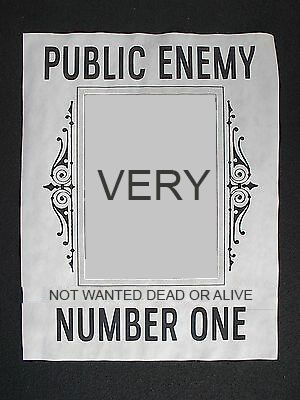
Back in college, I tried out a creative writing course. When it was my turn to share a story, one of the other students harped on and on about my “taglines.”
The professor didn’t allow the author to speak during critiques, so I just sat there and kept wondering what “taglines” were. Finally, the student named a few:
Ah, I realized. This guy doesn’t like adverbs.
Then I had to make sure I wasn’t making a face. Discrediting an entire type of word seemed more than a little extreme to me. Did he have a problem with nouns as well?
Get a free sample proofread and edit for your English document.
Two professional proofreaders will proofread and edit your English document.
It took a few years of being an editor before I finally got the guy’s point. It wasn’t that we shouldn’t use adverbs. It was (I believe) that adverbs can dilute our writing.
Extreme example (fiction): I quickly walked down the alley, frequently looking behind me to see if someone were following me threateningly.
Extreme example (business writing): If we can more easily manage resources and efficiently leverage user satisfaction, we will successfully offer better customer service.
Both these sentences use all six adverbs as crutches, propping up tired and unexciting verbs:
An Easy Solution
Fortunately, avoiding this dull and wordy use of adverbs is simple: pick better verbs. This is particularly effective when you’re revising your early drafts. Look for your adverb–verb pairs and ask yourself, “Is there a verb that can convey my meaning well enough that I don’t need an adverb?”
So now we have: I scurried down the alley, glancing behind me to see if someone were stalking me.
So now we have: If we can administer resources and maximize user satisfaction, we will ensure better customer service.
Don’t Forget about Adjectives
Yes, adverbs also modify adjectives, and Public Enemy No. 1 for this one is “very.”
The overuse of “very” has gotten so bad, in fact, that now its use actually weakens the writing.
Extreme example: I was very happy that my very kind aunt could come to the very, very cool party.
Bleh.
The solution is the same. Find an adjective that doesn’t need a boost from an adverb.
So now we have: I was delighted that my kindhearted aunt could come to the groovy party.
Of course, “very” isn’t the only prose-weakening adverb. Here are a few more favorites:
If somebody is “extremely rich,” it’s more powerful to say they’re loaded or moneyed (depending on the context), and if someone is so pretty, call them lovely or beautiful.

Check out this adverb-free masterpiece from Toni Morrison:
Then summer came. A summer limp with the weight of blossomed things. Heavy sunflowers weeping over fences; iris curling and browning at the edges far away from their purple hearts; ears of corn letting their auburn hair wind down to their stalks. And the boys. The beautiful, beautiful boys who dotted the landscape like jewels, split the air with their shouts in the field, and thickened the river with their shining wet backs. Even their footsteps left a smell of smoke behind.
When to Use Adverbs
All these examples might make it seem adverbs are a bad idea in general. Not at all. But try to use adverbs when they genuinely contribute to the sentence, not just to prop up dull verbs and adjectives.
Fitzgerald’s masterpiece ends with a perfect adverb:
So we beat on, boats against the current, borne back ceaselessly into the past.
Hemingway can even make “very” sound good:
The world breaks everyone and afterward many are strong at the broken places. But those that will not break it kills. It kills the very good and the very gentle and the very brave impartially.
Julia H.
Get a free sample proofread and edit for your English document.
Two professional proofreaders will proofread and edit your English document.
Get a free sample proofread and edit for your document.
Two professional proofreaders will proofread and edit your document.
We will get your free sample back in three to six hours!